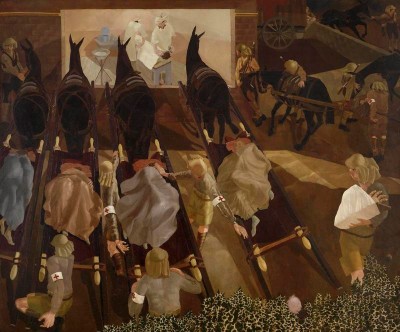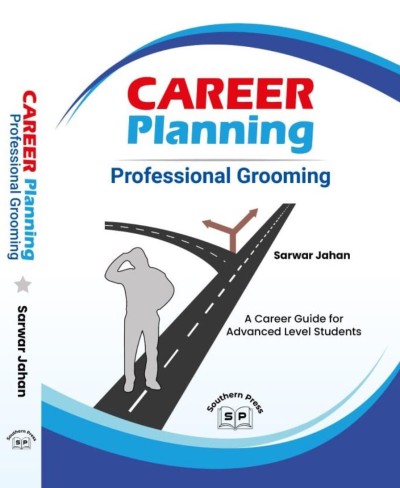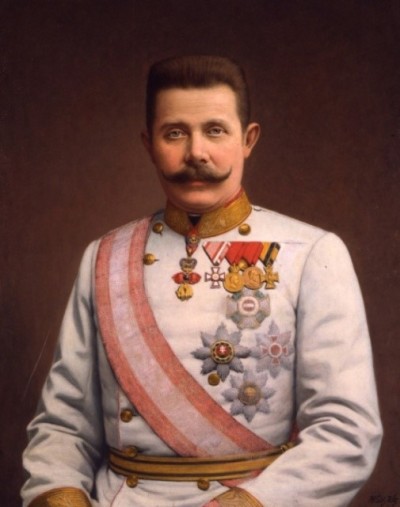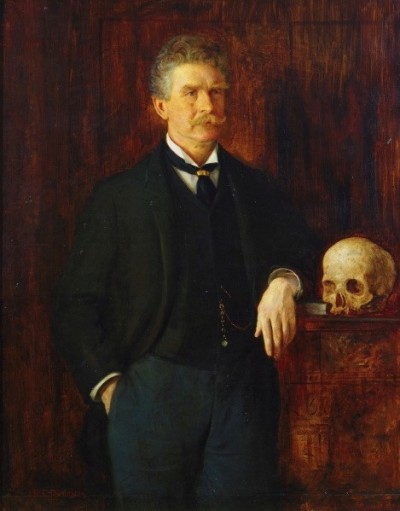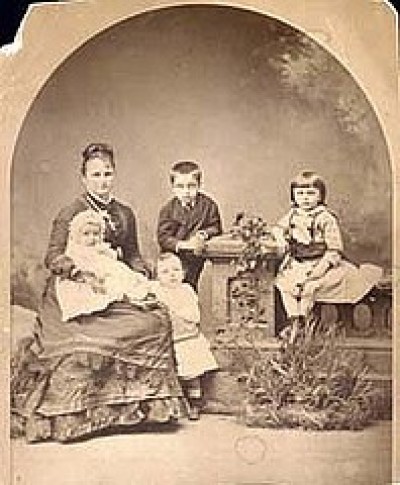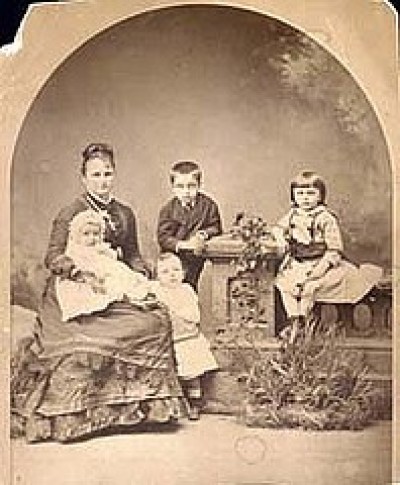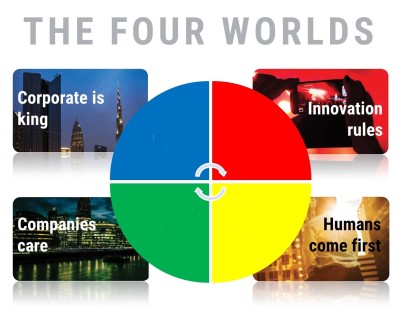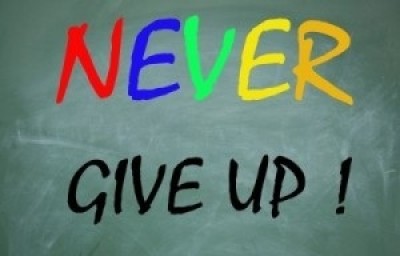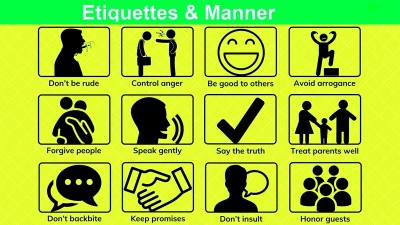Course description
The First World War meant a creative outpouring of great, great literature, which represented a complete break from the long Victorian novel and patriotic, nationalist poetry that came before it. Here are a few of the writers you might like to try from that period:
Erich Maria Remarque (German): ‘All Quiet on the Western Front’ (novel)
Robert Graves (English but with German family): ‘Goodbye to All That’ (memoir)
Vera Brittain (English): ‘Testament to Youth’ (memoir)
Siegfried Sassoon (English but with German family): ‘Memoirs of an Infantry Officer’ (memoir)
Wilfred Owen (English): ‘Dulce et Decorum Est’ & ‘Anthem for Doomed Youth’ (poems)
Rupert Brooke: ‘The Soldier’ (poem) as a contrast to what came later.
And there were many very talented artists too:
Stephen Spender:
John Nash
:
And many, many more ….
Erich Maria Remarque’s ‘All Quiet on the Western Front’ and Siegfried Sassoon’s trilogy (3 volumes of novels) are easy to read. Let me know if you would like to have soft copies of any of them and I can send you PDFs.
Of course, there had been great novels written about war before: such as Stephen Crane’s ‘The Red Badge of Courage’ about the American Civil War, fought to abolish slavery between the Southern slave-owning states and Abraham Lincoln’s North from 1861 to 1865. (Quite difficult English!)
There had also been a lot of very patriotic poetry about the British Empire: ‘The Charge of the Light Brigade’ by Alfred, Lord Tennyson, and Rudyard Kipling’s tales of fighting in India.
And that is how Rupert Brooke wrote his poem, ‘The Soldier’, in 1916 when he joined the Army. It starts like this:
If I should die, think only this of me:
That there’s some corner of a foreign field
That is for ever England.
Very patriotic!
But, months later, Wilfred Owen, Robert Graves, Siegfried Sassoon and even that arch-Imperialist, Rudyard Kipling (whose son was killed in pointless fighting in Belgium), were writing poetry that questioned the logic of the war. They used horrible images – poison gas, corpses hung on wire – or tragic ones – empty seats, curtains closed – to describe the nightmare of this war.
So, how and why did it all start?
Germany was unified into one country in 1871. You can see that before then, it was divided into small states:
Prussia, the strongest and most military state, was the dominant partner in this federation. And Germany got a king for the first time. The country quickly industrialized and made a powerful, well-armed military. By 1900, Germany was the most industrial nation on Earth after Britain and the USA.
But, unlike France (with its colonies in North Africa, Vietnam, Cambodia and Laos), Britain & Spain (Latin America), Germany did not have an empire. Even little Belgium had one and the USA had just occupied the Philippines. Russia was huge, stretching from Poland in the west to Japan in the east. Even “the sick man of Europe”, Turkey had its Ottoman Empire: Bulgaria, Albania, Syria, Iraq, the Gulf, and much more.
Germany tried to persuade Britain to allow it to attack French colonies in Africa but this was refused. As Germany became more powerful, it behaved more dangerously, blockading French ports in Morocco (1911), taking African land that was till unoccupied (Botswana, Nyasaland)… but this was not enough.
As 1914 opened, war was becoming unstoppable. By August, there seemed no way out. Germany invaded Belgium – which was neutral – to avoid French defences on the French-German border and Britain declared war.
The feeling in England was very patriotic. Young men rushed to join the Army. Everywhere you could hear the slogan: “Home By Christmas”. England had not lost a war for centuries. Since 1815, when Napoleon was finally defeated, Britain had only fought in Africa, machine gunning natives with spears.
But the war was terrible. Hundreds of thousands – in total, a million – British boys died. Another million French, two million Germans, more Russians, …… And the tragedy was that so little progress was made on the great battlefields in France and Belgium – hundreds of thousands of dead for an advance of 200 metres sometimes. In the end, the Allies (Britain, France & Italy, with the US joining the War in 1917) won because there were no more German young men, no more food, no bullets.
British society changed forever. Every family lost sons, brothers, husbands, fathers. Literally, every family. Vera Brittain (see above) lost her fiancé and brothers; Katherine Mansfield lost her beloved younger brother. . Wilfred Owen and Rupert Brooke died in action – Saki too! Robert Graves survived and wrote his autobiography ‘Goodbye to All That’ when he was 27. In very old age, he was asked why he had not written about the rest of his life and he replied “Because nothing else important happened!”
The British upper class was wiped out. Working class men had served as officers in the Army for the first time ever and now were needed for senior government jobs. They went to universities too. Women got the vote in 1918 because they had staffed factories throughout the War.
Germany, Austro-Hungary, Bulgaria, Yugoslavia, Turkey and Russia lost their kings and, if they had them, their empires. In the 1920s the global economy collapsed, throwing millions into unemployment.
The First World War was the first global war. It was dreadful and it changed everything!

